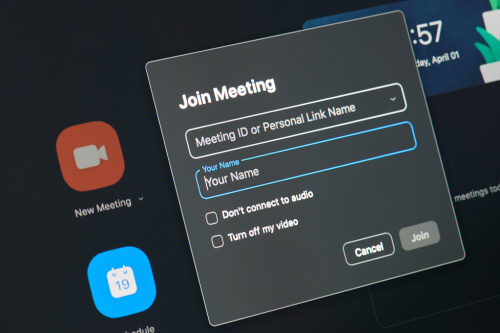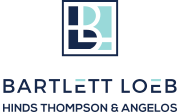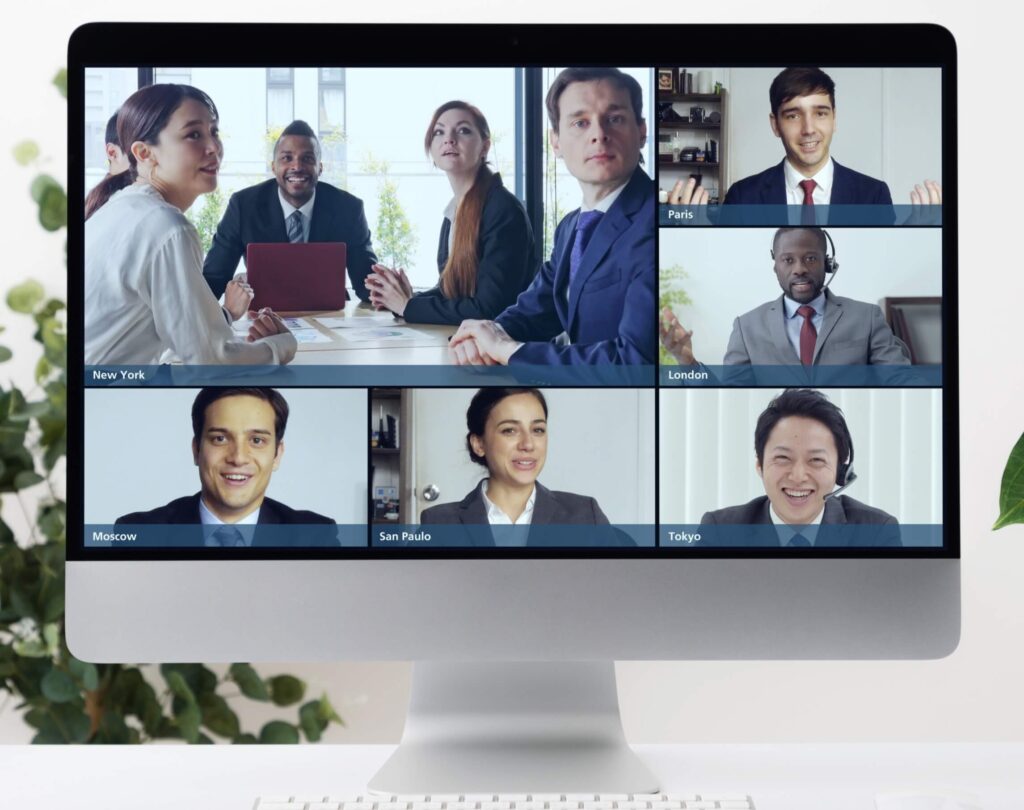Although navigating the landscape of a global pandemic is unlikely to have been on our collective “2020 Bingo Board,” we have nonetheless found ourselves faced with unprecedented uncertainty and challenges, both personally and professionally. The legal profession, always slower to adapt to evolving technology, has found itself at a crossroad where many in-person events that we once took for granted are no longer feasible, or even permitted, pursuant to directives from courts and state bar associations. For those stakeholders in the midst of pending civil ligation, COVID-19 has surely frustrated your efforts to have your matter resolved outside of court or tried to verdict. While many other law firms are using the effects of coronavirus as justification to postpone conducting hearings (evidentiary hearings included), bench trials, depositions, and mediations, Bartlett, Loeb, Hinds & Thompson, P.A., is “zooming in” and utilizing the Zoom platform to its advantage in pushing litigation matters toward resolution.
 In order to use Zoom to your client’s advantage, preparation is key. For instance, judges should receive hearing materials well in advance of your hearing date, with tabbed and numbered document binders. This will ensure that the judge presiding over your hearing not only has the hearing material in advance of the hearing, but also that the attorney can swiftly direct the judge to a specific page or document within the hearing materials. This becomes especially important during evidentiary hearings or non-jury trials, where judges need to make decisions regarding admissibility of documents. Keep in mind that for evidentiary hearings, unlike traditional motion calendar, or even special set hearings, opposing counsel will also need to receive advance notice of documents that you intend to introduce into evidence. DO NOT allow a less than zealous adversary to put-off justice for your client because of their reliance on delay tactics.
In order to use Zoom to your client’s advantage, preparation is key. For instance, judges should receive hearing materials well in advance of your hearing date, with tabbed and numbered document binders. This will ensure that the judge presiding over your hearing not only has the hearing material in advance of the hearing, but also that the attorney can swiftly direct the judge to a specific page or document within the hearing materials. This becomes especially important during evidentiary hearings or non-jury trials, where judges need to make decisions regarding admissibility of documents. Keep in mind that for evidentiary hearings, unlike traditional motion calendar, or even special set hearings, opposing counsel will also need to receive advance notice of documents that you intend to introduce into evidence. DO NOT allow a less than zealous adversary to put-off justice for your client because of their reliance on delay tactics.
Depositions, especially those that are particularly document heavy, are more challenging because of the element of surprise that often comes when examining a witness (especially an adverse witness). In these instances, preparation and logistical coordination is key. Make sure that planned exhibits are in a location on the attorney’s computer that can be easily accessed, and then shared with the court reporter assigned to the deposition. Maintain the element of surprise when referencing documents with witnesses by utilizing Zoom’s chat function or screen sharing function to show the deponent the document for the very first time at their deposition; DO NOT allow opposing counsel to coach the deponent by providing documents in advance of the deposition. DO NOT allow opposing counsel to put depositions off, simply because they cannot be done in person—insist on moving forward via Zoom.
Finally, cut through the pomp and circumstance of an in-person mediation by conducting mediation remotely. Your clients’ interests are best served when their litigation matter can be resolved efficiently and favorably, outside of the courtroom. Many mediators statewide have open availability and are willing to conduct remote mediation, taking advantage of Zoom’s meeting room segregation capability to ensure that your private conversations are not divulged to the other side.
Bartlett, Loeb, Hinds & Thompson is well-positioned to keep our clients’ litigation matters on track, as the result of our investment in state-of-the-art technology, including high-definition cameras and multiple audio-visual equipped conference rooms. Our Firm has recently conducted evidentiary hearings, mission critical depositions, high-stakes mediations, and even oral arguments via Zoom. If you have a litigation (or pre-litigation) matter that you would like to discuss, please connect with us. We are fully operational and look forward to serving your needs both during the current health crisis, and long after coronavirus is behind us.

